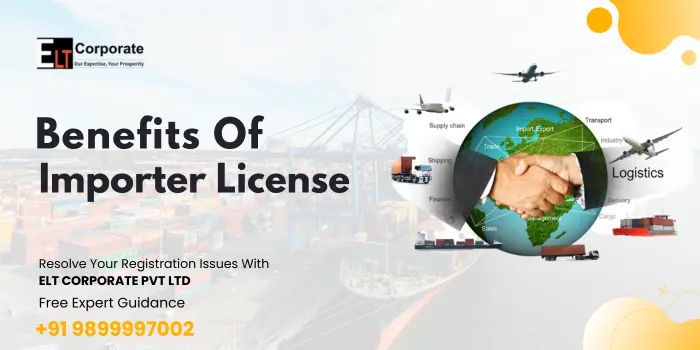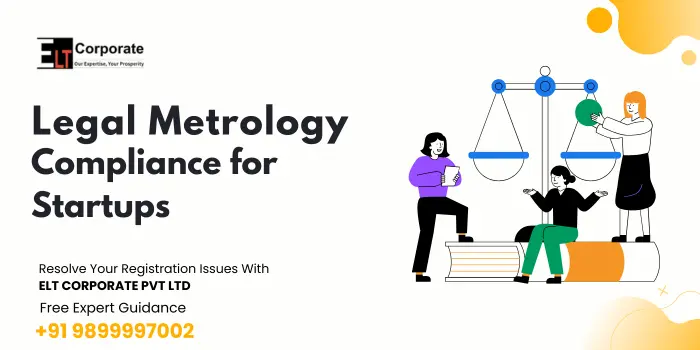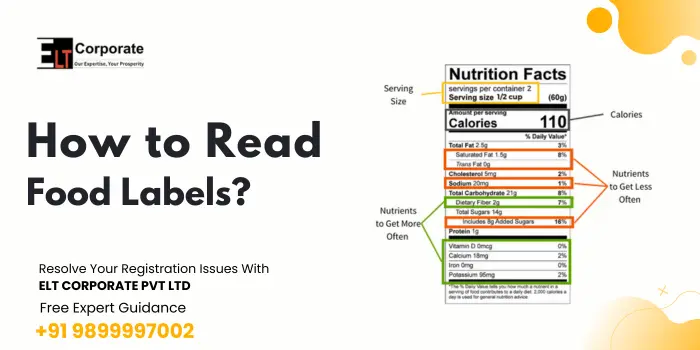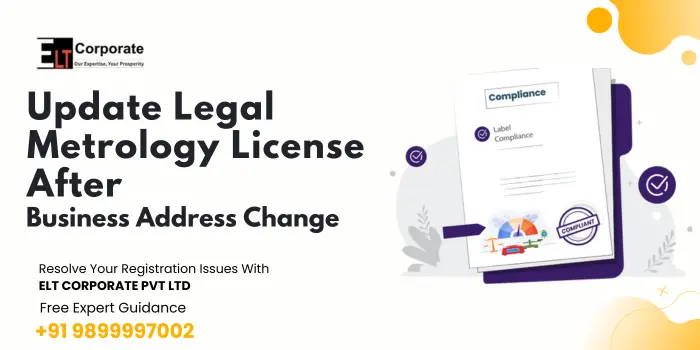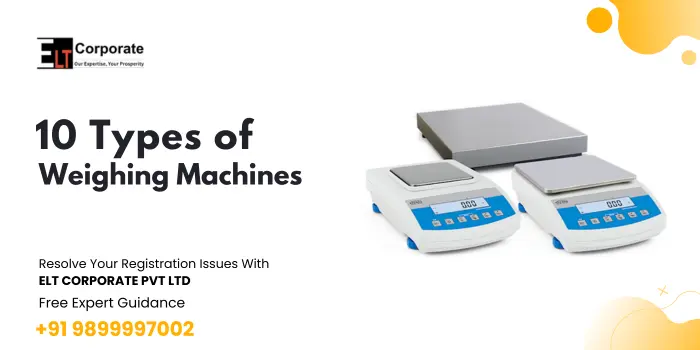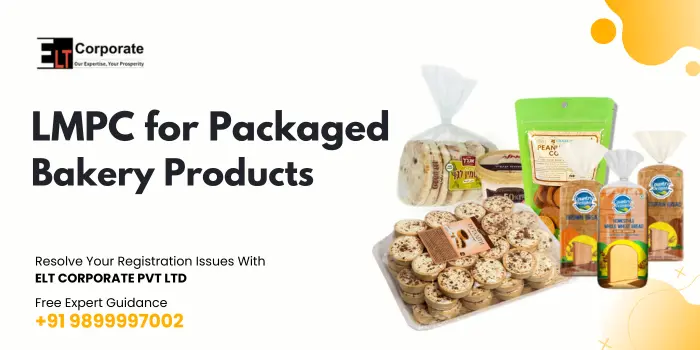Legal Metrology for Exporters
Let’s understand the meaning of Legal Metrology for Exporters! When businesses in India export packaged goods to other countries, they are required to follow specific rules about how products are weighed, measured, and labeled. These rules come under the Legal Metrology Act, which helps ensure that everything written on the packaging is correct and fair. Following these rules not only builds trust with international buyers but also avoids delays or issues at customs. In this blog, you will understand the importance and product labeling requirements. What is Legal Metrology For Exporters? Legal Metrology refers to the regulatory framework that governs the weight, measure, and labeling of packaged commodities in India. For exporters, it ensures that the quantity, weight, and labeling standards on products meet Indian and international requirements, building transparency and credibility in global trade. Why is Legal Metrology Important for Exporters Dealing in Packaged Commodities? Check the following points to understand the importance of Legal Metrology for exporters dealing in packaged commodities: Which Export Products Come Under the Legal Metrology Act? All pre-packaged commodities designed for sale, even if in India or abroad, may fall under the scope of the Legal Metrology Act. Common export categories include: The applicability depends on the intended use and packaging format. Bulk commodities or items sold by weight at the time of export may be released. Do Exporters of Packaged Goods Need an LMPC Certificate? If goods are designed for sale in the Indian market, then an LMPC Certificate is mandatory. However, export packages are normally exempt from mandatory LMPC registration if they are meant solely for export purposes and are not sold in India. They said, a customs official may still need evidence or a declaration of non-retail sale within India, which makes it necessary to maintain proper documentation. What are the Key Labeling Requirements For Exporters Under Legal Metrology? Although export packages are exempt from domestic retail labeling rules, exporters should make sure: Is LMPC Mandatory for Exports or Only for Imports? LMPC certification is mandatory for importers, mainly for importers, especially for goods that are packed abroad but sold in India. Are There Different Packaging Rules For Exports and Domestic Sales? Yes, the legal metrology rules, 201, the difference between export and domestic sales is mentioned below: Export packages are not bound by the same detailed declaration as MRP, customer care contact, etc, as domestic retail packs, but should comply with the importing country’s laws and indicate their non-retail/export only status clearly. What Declarations Must be Made on Exports Packaging as Per Legal Metrology? Check the list to know the declaration that should be made on export packaging as per legal metrology: S.No. Declaration Requirement 1. Name of the Products Mandatory 2. Net Quantity/Weight In metric units 3. Date of Packaging Month and Year 4. Manufacturer/Exporter Name With Complete Address 5. Country of Origin Mandatory for Customs Compliance 6. For Export Only Tagline Strongly Recommend How Does ELT Corporate Help Exporters with Legal Metrology Compliance? At ELT Corporate, we help you out through legal metrology for exporters certification:


